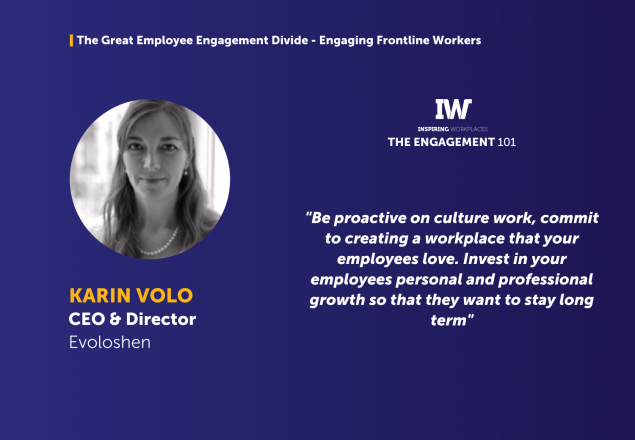
11th October 2023
Redefining Trust Building: Innovative Approaches for Leaders

This article discusses the importance of trust in the workplace and how leaders can build trust within their teams through storytelling. It highlights that trust is a strategic necessity, leading to more engaged, innovative, and loyal teams. The author emphasizes that storytelling helps create bonds and a sense of belonging among employees, fostering trust and empathy. Three types of trust-building stories are identified: stories that model growth, stories that set expectations, and stories that connect the team with data. These stories humanize leaders, inspire growth, and align team members with the organization’s purpose, ultimately shaping a healthier and more productive work environment.
From the original article written by Tanya Dalton and published in Forbes:
According to Gallup, 85% of employees are not engaged at their workplace. This means the majority of workers either view their workplace negatively or only do the bare minimum to make it through the day. They feel their only options are to quietly disengage (known as Quiet Quitting) or outright leave in search of greener grass.
In the post-COVID landscape of the modern workplace, it’s clear that leaders need to do a more thorough job of instilling a sense of purpose for their teams. Company culture is more than just a buzzword; it’s the heartbeat of an organization, defining how employees interact, innovate, and ultimately, how they achieve their goals.
According to Karen Eber, author of The Perfect Story, “one of the greatest responsibilities of leaders is to create an environment of trust and empathy. Stories can help establish trust between employees” —one of the most import elements of a thriving culture.
Why Trust Matters
Trust in the workplace is not a mere luxury but a strategic necessity. Teams that trust their leaders are more likely to be engaged, innovative, and loyal. They are also better equipped to weather storms and adapt to change. Without trust, teams can become siloed, communication can break down, and productivity can suffer. In short, trust is the lubricant that keeps the gears of a team running smoothly.
Trust is the cornerstone of any successful team. When team members trust one another, they are more likely to collaborate effectively, communicate openly, and take calculated risks. However, trust is not something that materializes overnight. It requires nurturing, commitment, and a shared understanding of values and goals. This is where storytelling comes into play.
Eber contends that “groups create a sense of belonging. Everyone who works at the same company is part of an ‘in-group.’ We feel a part of in-groups when we hear stories that share beliefs, experiences or aspirations with our own. This belonging helps us feel comfortable, relaxed or excited.”
Stories have an uncanny ability to break down barriers and create bonds among people. They resonate on a human level, evoking emotions, and making information memorable. When leaders share stories that are relatable and authentic, they can establish a sense of vulnerability and authenticity, which, in turn, encourages trust.
Read the full article to discover more about the Three Types of Trust-Building Stories:
3. Stories that Connect the Team with Data.
Do you know an inspiring leader? Nominate them today: Inspiring Leaders Awards 2023.
Are you an inspiring workplace? Then register for the Inspiring Workplaces Awards 2024.
Join our community here, for free and access The Inspire Hub Forum to connect directly with your peers who share the same purpose.





